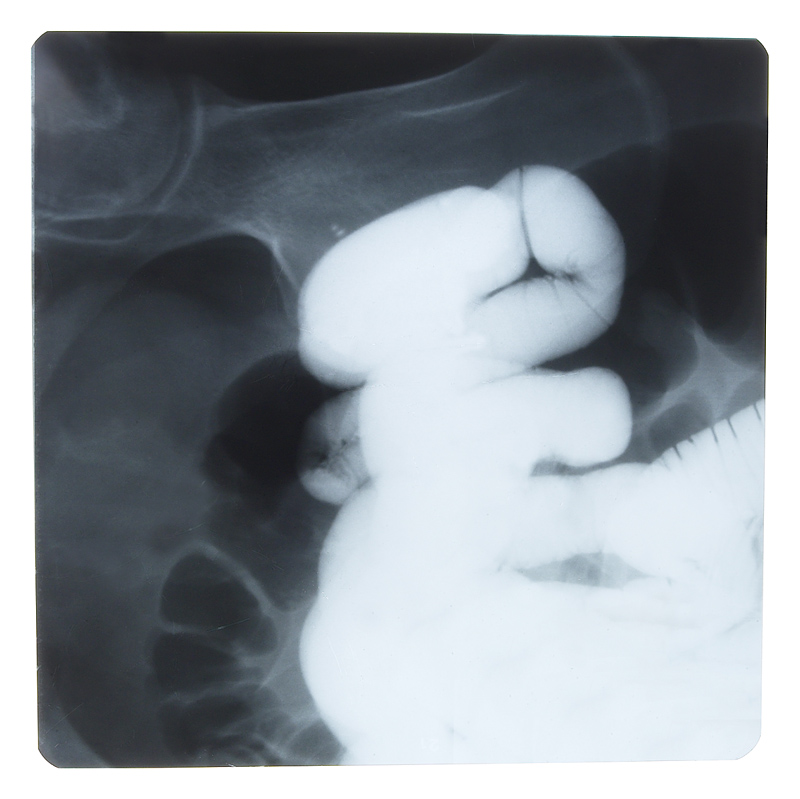
TUESDAY, July 30 (HealthDay News) — The ongoing outbreak of stomach illness linked to the cyclospora parasite has now spread to 14 states and New York City, with 353 cases reported, the U.S. Centers for Disease Control and Prevention reported Monday.
While no one has died from cyclosporiasis, “at least 21 persons reportedly have been hospitalized in three states,” the CDC said in a posting on its website. Most people got sick from between mid-June through early July.
U.S. health officials are still trying to determine the source of the outbreak. “No food items have been implicated to date, but public health authorities are pursuing all leads,” the CDC said. Prior outbreaks of cyclospora infection have typically been caused by tainted produce, the agency noted.
Cases have now been reported from Arkansas, Connecticut, Florida, Georgia, Illinois, Iowa, Kansas, Minnesota, Missouri, Nebraska, New Jersey, New York City, Ohio, Texas and Wisconsin. The CDC stresses that it’s not clear that cases spread across these states are all part of the same outbreak.
Cases of cyclosporiasis, which is caused by a single-celled parasite and can trigger diarrhea and stomach cramps, have been mounting through the month of July, said Dr. Monica Parise, chief of the parasitic diseases branch of the U.S. Centers for Disease Control and Prevention. The cyclospora parasite cannot be spread from person to person; it has to be ingested via contaminated water or foods such as fruit and vegetables.
“It can be pretty miserable, because it can give diarrhea that can last for days,” Parise said.
Cyclospora is a tiny parasite but is devastatingly effective, added Dr. Bruce Hirsch, an attending physician in the division of infectious diseases at North Shore University Hospital in Manhasset, N.Y.
“You can ingest as few as 10 of these little critters and get sick,” Hirsch said.
Officials have not yet been able to determine the source of the parasite.
“We’re doing the investigation,” said Dr. Thomas Frieden, director of the CDC, said Thursday. “We do anticipate being able to identify the source, but we have not been able to do so yet.”
No common events have been identified among the people infected by cyclospora, and officials have no leads on the source of infection, Parise said.
The first reported cases occurred in Iowa, which has been hardest hit with at least 140 people falling ill, Parise said. The first cases came in late June, with more infections reported through July.
Other states reporting large numbers of infections are Nebraska, with 71 cases, and Texas, with 92 cases.
It takes about a week for people who are infected to become sick.
Frieden urged people who have suffered from diarrhea longer than a couple of days to be tested for cyclospora. Antibiotics can be used to treat severe cases of infection.
Earlier outbreaks of cyclospora have been traced back to fruits and vegetables imported from tropical regions like Latin America and Southeast Asia, where the parasite is common, Parise and Hirsch said.
“Our food supply system is large, complex and centralized. We get foods from all over the world, and they are packaged together and sent very, very quickly,” Hirsch said. “I look at large outbreaks like this, and it makes me wonder if more locally grown foods would be safer.”
People who want to avoid infection should thoroughly wash all their fruits and vegetables, Hirsh said. They also should wash cooking surfaces and utensils with hot, soapy water.
“For the most part, it’s a miserable nuisance, but the concern I have as a doctor is for patients whose immune systems are weakened [and] have a real hard time with this infection,” Hirsh said. He urged extra caution for people undergoing cancer treatment, recovering from an organ transplant or dealing with HIV infection.
More information
For more information on cyclospora, visit the U.S. Centers for Disease Control and Prevention.
Copyright © 2026 HealthDay. All rights reserved.

